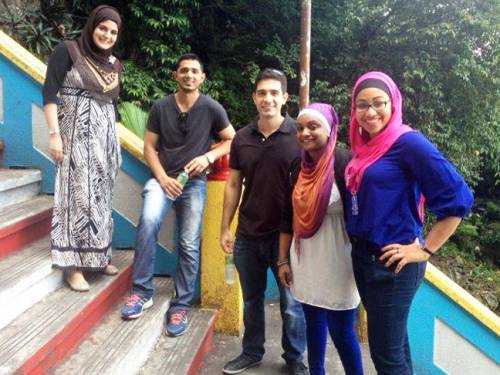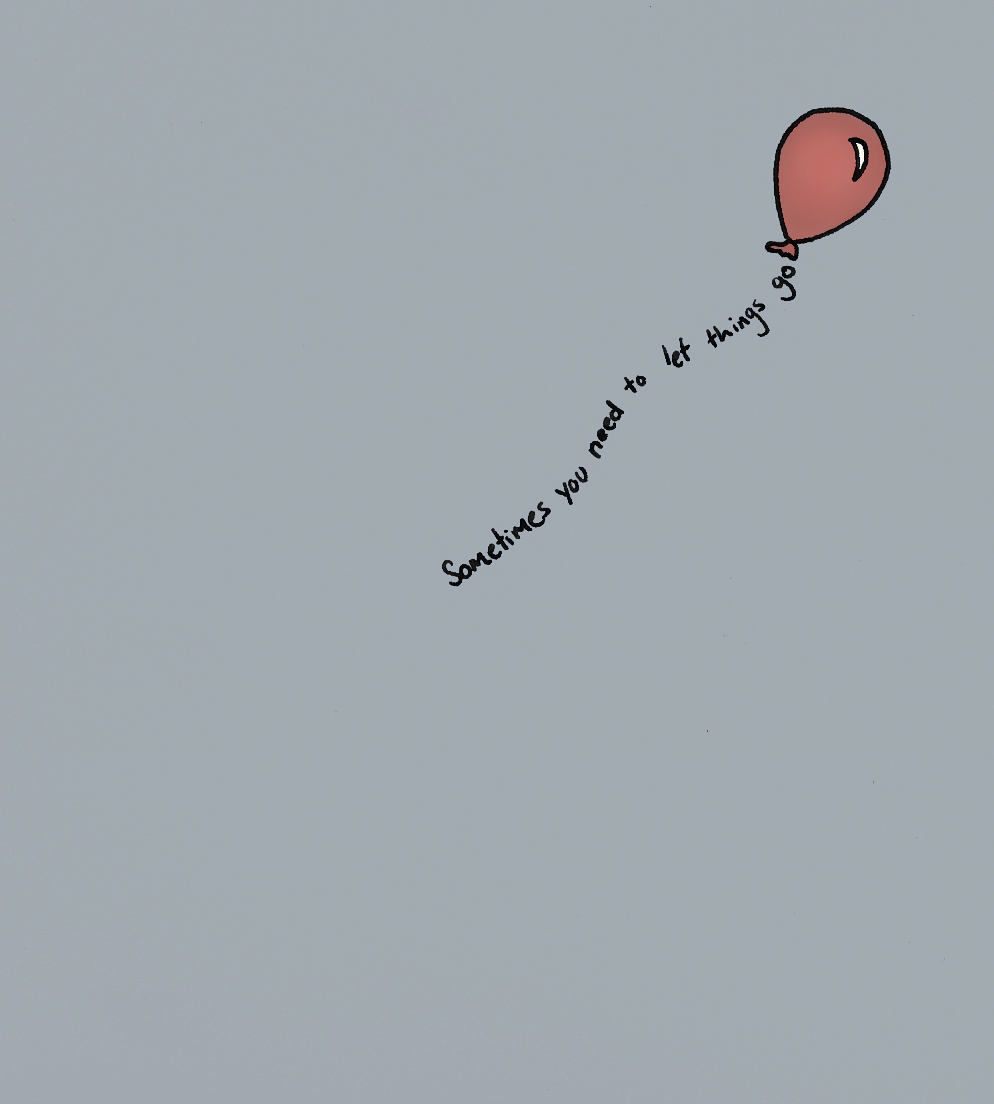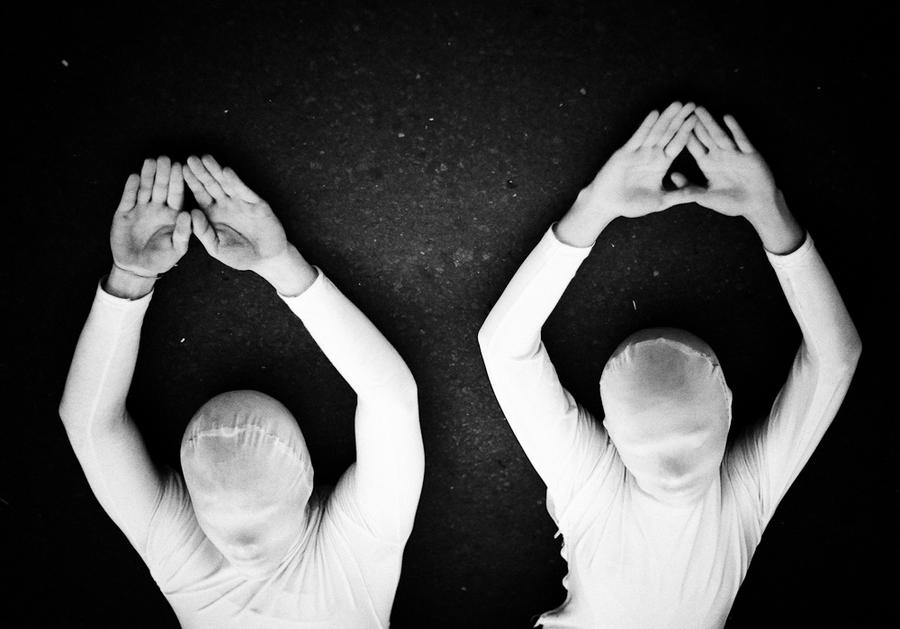Youth Without Borders just ran its third Spark Engineering Camp and it was a resounding success! Here is a little more information...
In the words of one student, “Spark is a life changing experience - what you put in, you get double out!”
Spark Engineering Camp is an equal opportunity experience for over 60 young Queenslanders who may face barriers to university education, and according to one student, ‘is the place where you will find your motivation and inspiration for your future’.
The main focus of the camp is showing students that their dreams for future study and career possibilities are both valid and achievable.
The students come from a variety of backgrounds, with 75% from regional or rural locations, and students from refugee, indigenous and foster care families.
In a 6 day residential program at the University of Queensland, these students are supported by a passionate team of mentors through practical engineering activities, motivational and educational presentations, and personal development workshops. They learn that not only is engineering useful and interesting - it is also fun!
Students left the camp with an entirely new network of friends, a sense of excitement about their future pathways, and above all, the notion that if they can dream something, they can achieve it. Students discovered:
“all the possible things that may happen in life if I choose engineering”
“that I had more potential than I thought”
and “how it is never too late for anything”
An initiative first started by Youth Without Borders in 2011, Spark has been overwhelmingly successful in motivating students towards university studies.
In only its third year, 90% of 2013 participants aim to pursue some form of university studies after finishing school, an increase of 50% from before the camp.
In a post-camp survey of 2012 participants, all respondents who had finished school reported now being at university, and 90% of the respondents were either studying, or intended to study engineering.
All Year 12 students at Spark 2011 went on to attend university, and since then, past students have returned to the camp as mentors and keynote speakers to give back to the program that motivated them towards university.
The mentors are predominantly university student volunteers from engineering disciplines, who work tirelessly to give the Spark students the most exciting and insightful experience possible.
Instrumental in providing this opportunity are the sponsors ofthe program. Industry partners allow Spark to be provided free of charge for students, and also provide an added dimension for the students’ discovery of engineering.
Through actively engaging in the program with a panel, “mentor in a minute” speed networking, and keynote address, the sponsors can directly see the incredible students that they are supporting, and can share their passion with the next generation of engineers.
Students enjoyed the corporate engagement because they could “talk to actual engineers and find out what they actually do” and “plan out their career”. In particular they found the Keynote Address “inspirational” as it sparked in them “strong determination and motivation for [their] future”.
If you know someone who needs that Spark to encourage them towards university study, student applications will be opening towards the end of 2013.
To stay up to date and be notified, email students@spark.ywb.com.au and follow the Spark website, www.spark.ywb.com.au. If you are interested in becoming a corporate partner of Spark, please contactsponsorship@spark.ywb.com.au!





 Defining ‘Australia in the Asian Century’ has been the subject of some debate since the release of the Federal Government’s White Paper in October last year. But how much do we know about the neighbourhood we are calling our own?
Defining ‘Australia in the Asian Century’ has been the subject of some debate since the release of the Federal Government’s White Paper in October last year. But how much do we know about the neighbourhood we are calling our own?








